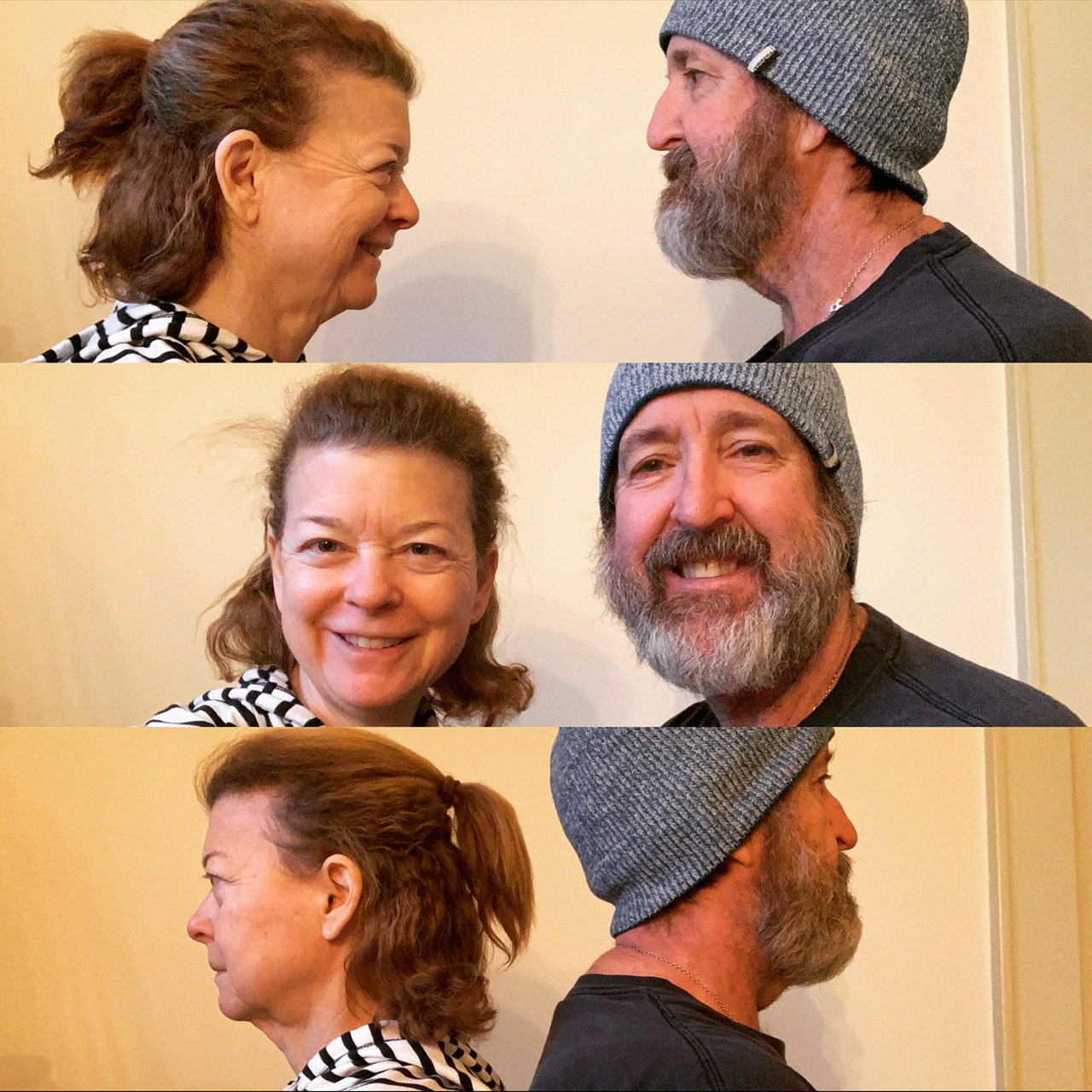
This past week my attention was caught by a quote from psychologist and philosopher, William James:
“Whenever two people meet, there are really six people present. There is each man as he sees himself, each man as the other person sees him, and each man as he really is.”
Leave aside the gender-normative use of “he”—common when James was alive (1842-1910)—and you have a useful way of thinking about conversations that leave you perplexed, agitated, or just plain angry.
For example, suppose your boss snaps at you for being late and you’re surprised—this is the first time you have ever been late! But what you don’t know is that their teenager just got sent home from school for breaking social distancing rules and half their mind is on how to cope with their kid. You see them as short-tempered. They see you as one more person flouting the rules.
Or you can’t understand why your colleague doesn’t like you—you sent everyone homemade, holiday cookies! What you don’t know is they saw you leaving the mall loaded with shopping bags—and they haven’t gotten a raise this year. According to your mental track record, you’ve been nothing but generous. They see you as over-compensated.
Or you have a subordinate who consistently gets 95% of a job done but—the details! Argh. So you make a plan with them to ensure details don’t get missed but—argh! Missed details. You see them as maddening. They see you as a cracked-out perfectionist.
You can see how—the next time you get together—there are 6 people in a 2-person conversation.
What can you do?
One way to discover how others see you is to ask between 5 and 10 people to give you a list of 10 words they would use to describe you. The words should be single and descriptive and be both positive and negative. (e.g. courageous; thoughtful; offhand; talkative; spacey…) Be sure to ask both people you know intimately and people you know only peripherally.
What is interesting, and effective, about this exercise is when one word—or family of words—keeps coming up. (For example, I had a client whose list from 5 different people included “alpha”, “aggressive”, “controlling”… See a pattern?)
Please note: no word—or word family—is wrong. But if your list is heavily tilted in a specific direction you might want to think about broadening the spectrum of qualities you show those around you.
“OK, Frances,” you may be thinking, “Happy to work on myself. But what can I do about the people around me who drive me batty?”
In those situations, it can be helpful to remind yourself, (as Mike Myers said in his “Inside the Actor’s Studio” interview) that,
“Every villain is the hero of his own story.”
If you accept this as your working premise, it’s easier to understand why other people make the choices they do—and understanding is the beginning of acceptance….or, at least, understanding.
For more on staying cool when you’re riled up, take a look at, “Be a Thermostat and Not a Thermometer”
